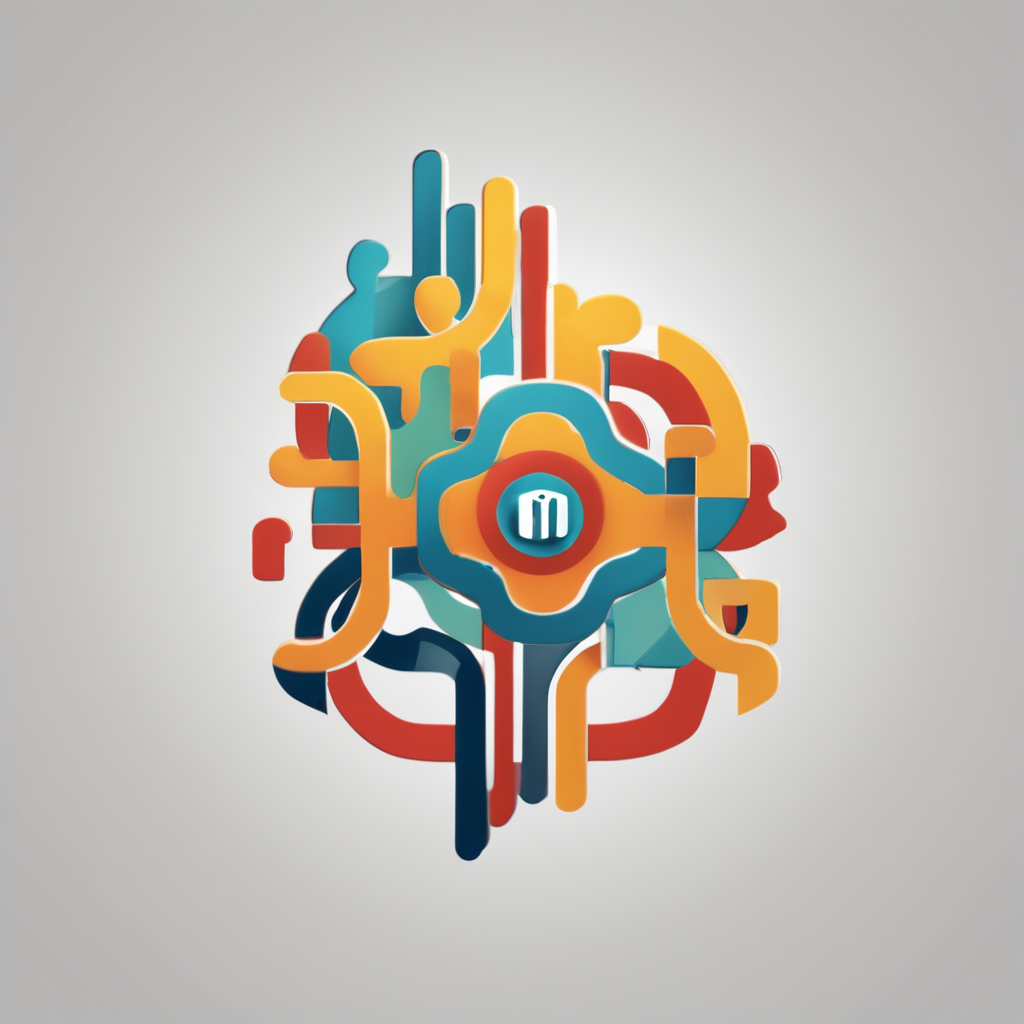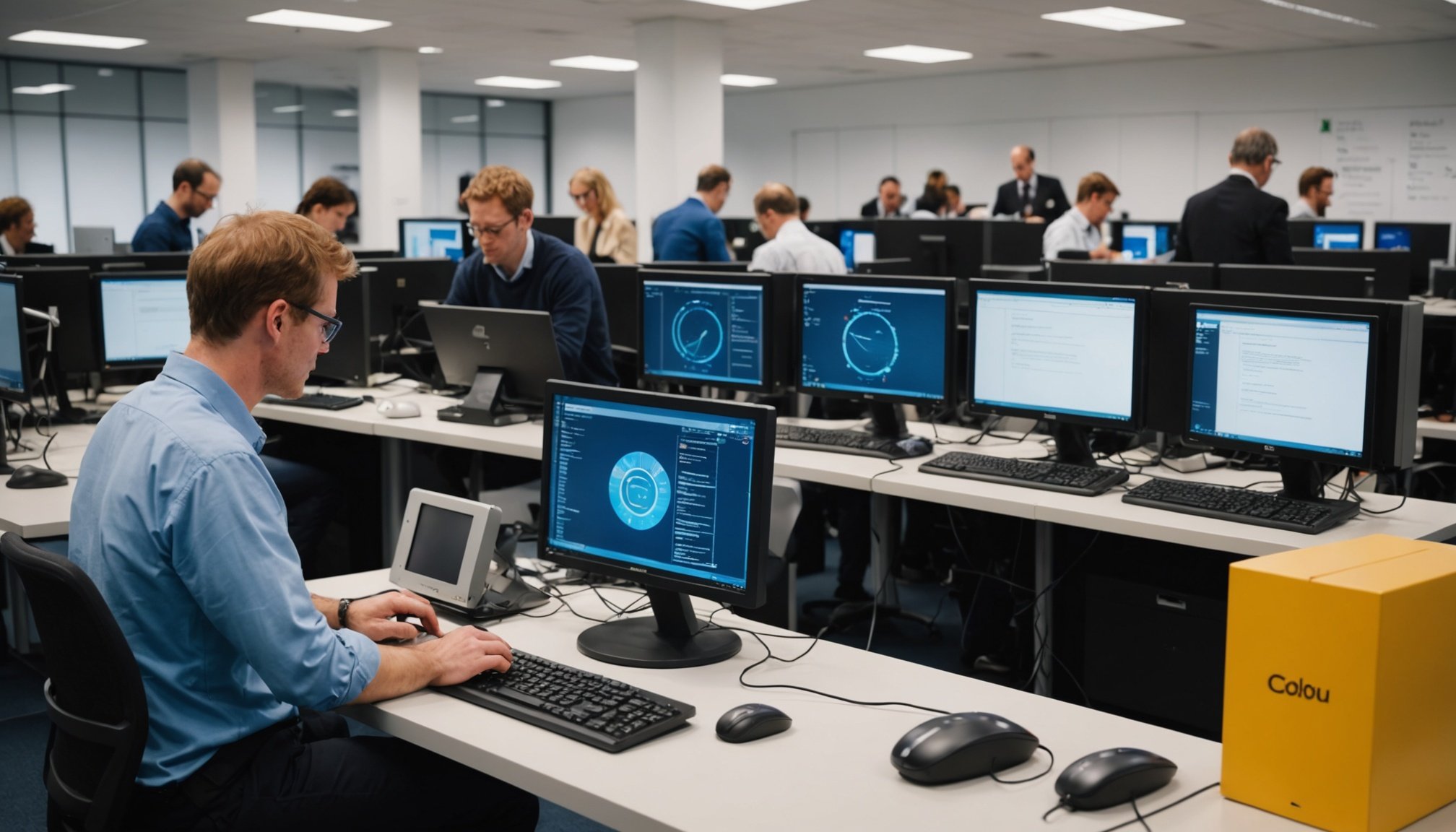The latest developments in UK computing
The UK computing field has witnessed remarkable advancements recently, combining cutting-edge research and practical applications. Among the most significant breakthroughs are strides in artificial intelligence (AI) and quantum computing. UK researchers have developed AI algorithms that enhance natural language processing and machine learning efficiency, directly impacting sectors like healthcare and finance. Additionally, quantum computing projects in the UK focus on increasing qubit coherence times and error correction, positioning the country as a leader in this emerging technology.
Government initiatives play a pivotal role in accelerating these recent developments in computing. Programs aimed at fostering digital innovation provide funding, resources, and collaborative frameworks that enable startups and established firms to innovate rapidly. These initiatives also emphasize skills development to secure the UK’s competitive edge.
Also read : What are the key developments in UK quantum computing?
A key ingredient in this progress lies in strong partnerships between UK tech companies and universities. Collaborative projects allow swift translation of theoretical research into viable technology. This synergy is exemplified in joint ventures working on advanced AI applications and quantum hardware improvements, further reinforcing the UK’s status at the forefront of emerging technologies in UK computing.
Real-world impacts on everyday life
Computing has brought significant practical effects to daily life technology, notably in the United Kingdom. One prominent example is AI-powered traffic management systems that optimize traffic flow and reduce congestion in cities. These smart systems analyze real-time data to adjust traffic lights and inform drivers, improving commute times and lowering emissions.
Also read : What advancements are being made in UK computing software?
In healthcare, AI technologies enhance service delivery through diagnostics and telemedicine. AI algorithms assist clinicians by quickly analyzing medical images, increasing diagnostic accuracy. Telemedicine platforms enable remote consultations, making personalized care more accessible across the UK, especially for patients in rural areas.
Daily communication and leisure activities have evolved too, driven by smart devices and digital assistants. These technologies streamline routine tasks, from managing schedules to accessing entertainment tailored to individual preferences, making everyday life more convenient and enjoyable.
These UK AI examples illustrate how computing’s practical effects integrate seamlessly into daily life, creating tangible benefits across transportation, healthcare, and communication sectors. By focusing on these real-world impacts, we see the potential for technology to continue transforming routines and services efficiently and thoughtfully.
Transformations in education and the workplace
Education technology UK has rapidly evolved, with schools and universities increasingly adopting personalised AI learning tools. These technologies adjust to individual student needs, enhancing engagement and improving outcomes. For example, AI-driven platforms can identify areas where students struggle, offering tailored exercises and feedback. Such integration extends the reach of traditional teaching methods, making education more adaptable and accessible.
In parallel, workplace automation is reshaping professional environments. Routine tasks are increasingly handled by software, enabling employees to focus on strategic, creative, and interpersonal activities. This shift is closely linked to the growth of remote and hybrid work models, both powered by cloud computing. These models allow greater flexibility, breaking geographic constraints and improving work-life balance.
As a result, the demand for digital skills UK-wide is soaring. Professionals are regularly expected to update their expertise through continuous professional development. This trend underscores the importance of mastering new tools and understanding evolving technologies. Embracing digital competence is no longer optional but essential for thriving in modern education and workplace landscapes.
Benefits, challenges, and future predictions
In the UK tech future, computing offers notable benefits of computing like increased efficiency and broader accessibility. Automated processes streamline workflows in industries ranging from healthcare to finance, reducing human error and saving time. Additionally, the economic growth sparked by technological advancements fuels innovation hubs and attracts investment, reinforcing the UK’s position as a competitive tech leader.
However, the challenges of new technology remain significant. Privacy concerns persist amid data-driven services, with users increasingly wary of how their information is collected and used. Security vulnerabilities pose risks, particularly as cyberattacks grow in sophistication. Ethical implications emerge too, such as biases embedded within algorithms or the impact of automation on employment.
Government and expert voices emphasize the need for balanced progress. Strategies focus on fostering innovation while establishing robust regulations to address these challenges. This dual approach aims to secure user trust and cultivate sustainable growth. The future landscape of UK computing will likely depend on navigating these competing demands wisely, ensuring technologies deliver their full potential benefits without compromising societal values.







